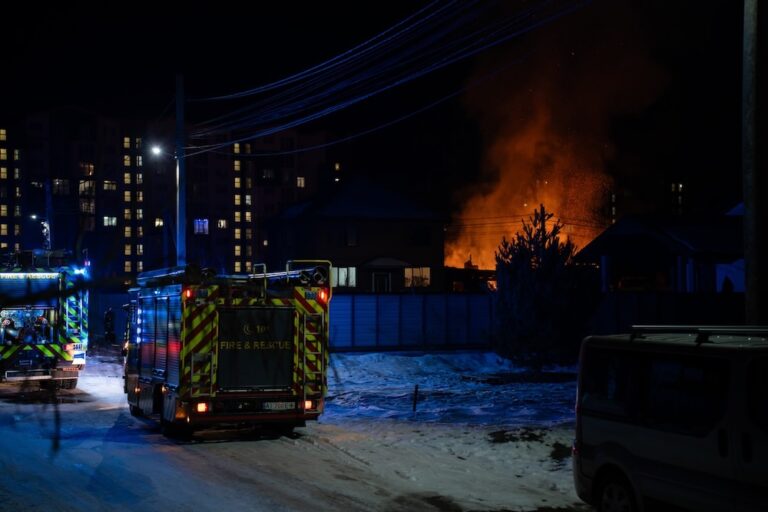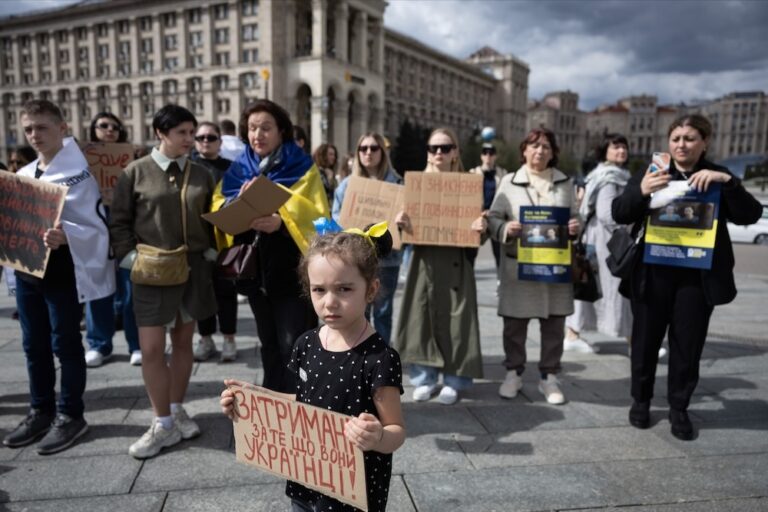(CJES/IFEX) – Salimzhan Gaisin, deputy editor-in-chief of the newspaper “Saratovsky Reporter”, has been found guilty of a crime under Article 129 of the Russian Criminal Code (for “Slander in the Mass Media”). In summer 2007, a group of residents in the village of Bulgakovka, located in the Voskresensk district of Saratov region, complained to “Saratovsky […]
(CJES/IFEX) – Salimzhan Gaisin, deputy editor-in-chief of the newspaper “Saratovsky Reporter”, has been found guilty of a crime under Article 129 of the Russian Criminal Code (for “Slander in the Mass Media”).
In summer 2007, a group of residents in the village of Bulgakovka, located in the Voskresensk district of Saratov region, complained to “Saratovsky Reporter” about State Duma Deputy Anatoly Berezovsky (of the United Russia faction). The villagers accused Berezovsky of having privatized the village lake, the only source of fresh water in the village. Gaisin conducted a journalistic investigation into the case and wrote an article criticizing Berezovsky, entitled “A Bear’s Grip”. The article was published in the 22 June 2007 edition of “Saratovsky Reporter”.
In September 2007, a criminal case was opened against Gaisin following Berezovsky’s request to prosecute the journalist for the alleged deliberate dissemination of false and defamatory information about him.
On 19 May 2008, the magistrate of District 1 of the Voskresensk district found Gaisin guilty of deliberately disseminating false and defamatory information about the official, and sentenced the journalist to 180 hours of community work.
Gaisin contends that the information stated in the article is true. He says an appeal will be filed.
Under Russian legislation, the author of an article cannot be held responsible if the negative information disseminated by him or her is true. However, the media outlet is required to publish a response if that information is contested by an implicated individual.
The burden of proof in this case rests with the parliamentarian. Otherwise, the criminal prosecution of the journalist can be regarded as illegal and aimed at impeding his professional journalistic activities.
CJES believes that criminal prosecution for slander and defamation in Russian law is an excessive measure. It is calling on the authorities to decriminalize defamation, replacing it with specific civil laws.
CJES campaigns for the abolition of the articles of the Russian Criminal Code punishing journalists for “slander” (Article 129), “insult” (Article 130), and “insulting an authority” (Article 319).


